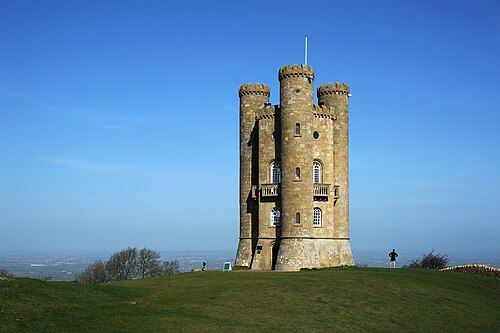Funnoun
amusement, enjoyment or pleasure
Funnoun
playful, often noisy, activity.
Funadjective
(informal) enjoyable, amusing
Funadjective
(informal) whimsical, flamboyant
Funverb
(colloquial) To tease, kid, poke fun at, make fun of.
Funnoun
Sport; merriment; frolicsome amusement.
Funnoun
activities that are enjoyable or amusing;
Funnoun
verbal wit (often at another's expense but not to be taken seriously);
Funnoun
violent and excited activity;
Funnoun
a disposition to find (or make) causes for amusement;
Funadjective
providing enjoyment; pleasantly entertaining;
Funnoun
enjoyment, amusement, or light-hearted pleasure
Funnoun
a source of fun
Funnoun
playfulness or good humour
Funnoun
behaviour or an activity that is intended purely for amusement and should not be interpreted as having any serious or malicious purpose
Funadjective
amusing, entertaining, or enjoyable
Funadjective
(of a place or event) providing entertainment or leisure activities for children
Funverb
joke or tease
Fun
Fun is defined by the Oxford English Dictionary as . Although particularly associated with recreation and play, it may be encountered during working time.
Follynoun
Foolishness.
Follynoun
Thoughtless action resulting in tragic consequence.
Follynoun
A fanciful building built for purely ornamental reasons.
Follynoun
The state of being foolish; want of good sense; levity, weakness, or derangement of mind.
Follynoun
A foolish act; an inconsiderate or thoughtless procedure; weak or light-minded conduct; foolery.
Follynoun
Scandalous crime; sin; specifically, as applied to a woman, wantonness.
Follynoun
The result of a foolish action or enterprise.
Follynoun
the trait of acting stupidly or rashly
Follynoun
a stupid mistake
Follynoun
the quality of being rash and foolish
Follynoun
foolish or senseless behavior
Folly
In architecture, a folly is a building constructed primarily for decoration, but suggesting through its appearance some other purpose, or of such extravagant appearance that it transcends the range of usual garden buildings. Eighteenth-century English landscape gardening and French landscape gardening often featured mock Roman temples, symbolising classical virtues.


































